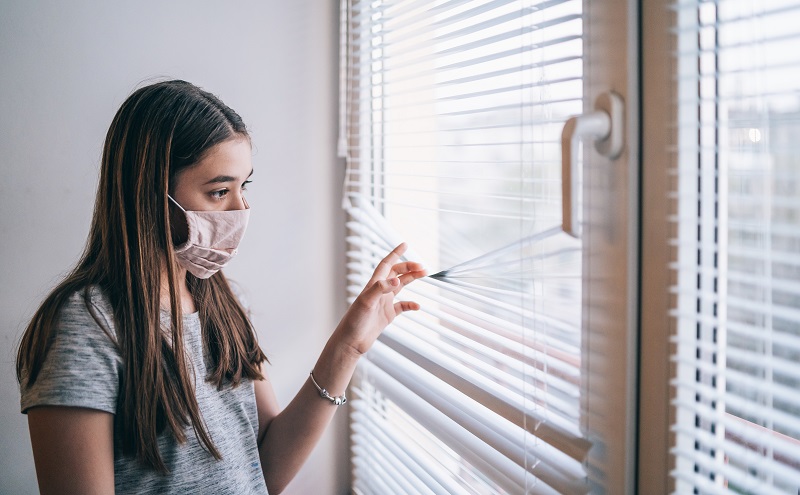
Self-harm describes any behaviour where someone causes harm to themselves, usually as a way to cope with difficult or distressing thoughts and feelings. Some children deliberately hurt themselves due to low self-esteem, failure, self-hatred or as a form of self-punishment. Occupational Therapist Rebecca Matson said: “There is a common misconception that there is one simple explanation for self-injury, and that is the biggest error. It’s not a ‘one size fits all’. It is very different for everyone and therefore, it is so important not to make assumptions and instead listen to an individual who is self-injuring.”
People often associate cutting with self-harm but self-harming can take many different forms. The common forms of self-harm are ligatures, cuttings and insertion of items. There is a wide range of actions that constitute self-injury. Self-harming behaviours are indicators of significant emotional pain and powerful signals that teens who engage in these behaviours need professional help.
Experts highlight the huge impact of Covid-19 pandemic on young people’s mental health. The pandemic and resulting disruption to children’s education and social lives has led to an increase in mental health problems among young people. A survey by YoungMinds, a charity working with young people, found that many young people have found the current lockdown harder to cope with than previous ones. Many respondents expressed feelings of anxiety/uncertainty about school, isolation and lack of motivation. Self-harm is one of many indications of poor mental health.
So how can friends and family support someone who self-harms?
- Don’t judge them. There is still a lot of stigma around self-injury. Let them know that you won’t judge and that you want to help in any way you can.
- Acknowledge their emotions. You might feel you need to urgently understand why they are doing it, but it’s usually best to give them time and space to talk in their own words. Try not to jump to conclusions.
- Stay calm. Understand that it can be a long and hard journey to stop self-harming. That person you care about needs your kindness right now.
- Look after your own mental health. It can be tempting to let your thoughts turn inwards. It’s important to remember that there is a wide variety of reasons for self-harming. You can’t blame yourself.
- Support them in seeking professional help. It can be tricky to take the first step towards admitting that they may need help. No matter how much we want to help, support from friends and family can only go so far. We should not try to replace professional healthcare support.
Anyone feeling emotionally distressed or suicidal can call Samaritans for help on 116 123 or email [email protected] in the UK.
Alternatively, text “SHOUT” to 85258 to contact the Shout Crisis Text Line, or text “YM” if you are under 19. If you are under 19, you can also call 0800 1111 to talk to Childline. The number will not appear on your phone bill.